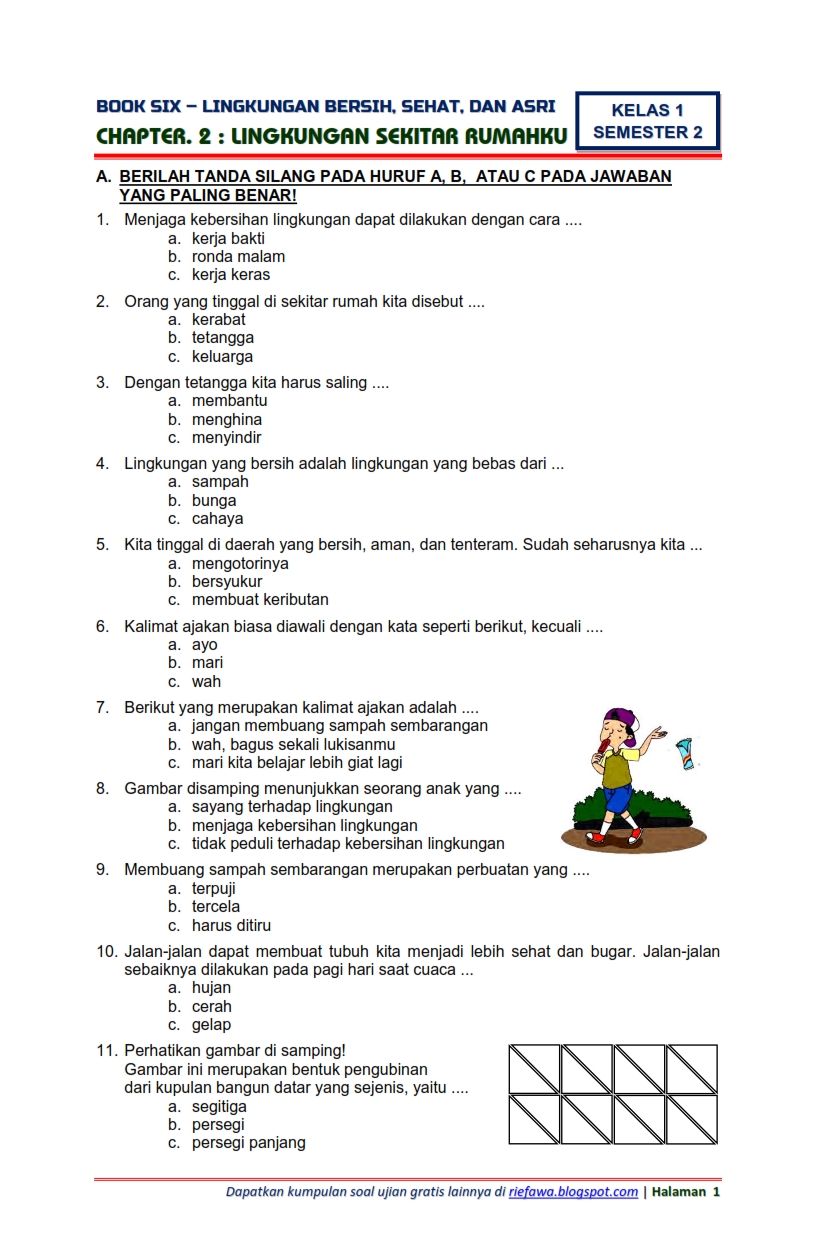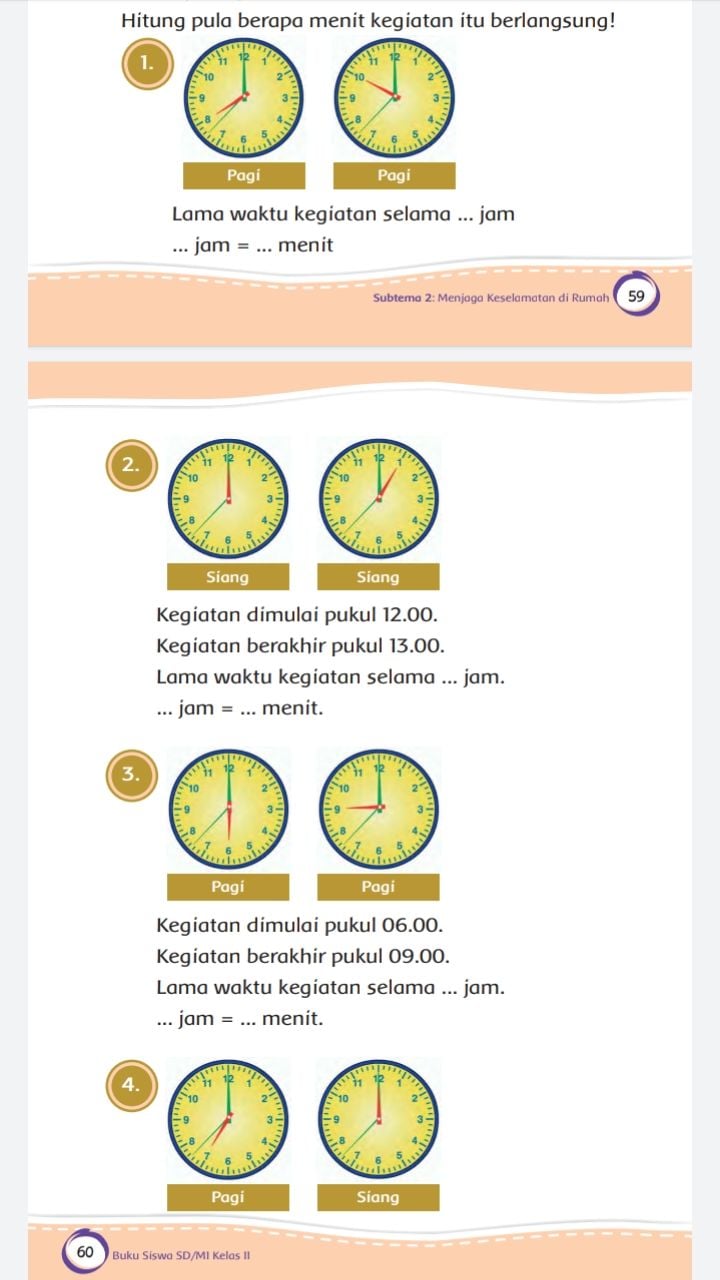A. Overview of 11th Grade Semester 2 English Language Learning
B. Importance of mastering English at this level
C. Scope of the article
II. Grammar Focus Areas
A. Verb Tenses (Perfect tenses, future continuous, future perfect)
- Explanation and examples
- Common mistakes and how to avoid them
- Practice exercises
B. Passive Voice - Formation and usage
- Difference between active and passive voice
- When to use passive voice
- Practice exercises
C. Conditional Sentences (Type 1, 2, 3, mixed) - Structure and usage
- Examples illustrating different types
- Common errors and corrections
- Practice exercises
D. Reported Speech - Rules for changing tenses and pronouns
- Reporting statements, questions, commands, and requests
- Practice exercises
III. Vocabulary and Idioms
A. Academic Vocabulary
- Importance in essay writing and comprehension
- List of essential academic words with definitions and examples
- Exercises to practice usage
B. Idiomatic Expressions - Understanding the nuances of idiomatic language
- List of common idioms with explanations and examples
- Exercises integrating idioms into sentences
IV. Reading Comprehension Strategies
A. Identifying Main Idea and Supporting Details
- Techniques for effective reading
- Practice passages with questions
B. Inferencing and Predicting - Skill development for advanced comprehension
- Practice passages with inference-based questions
C. Analyzing Text Structure and Author’s Purpose - Understanding different text structures (narrative, descriptive, expository, persuasive)
- Identifying author’s bias and tone
- Practice passages with analysis questions
V. Writing Skills
A. Essay Writing (Argumentative, Expository, Narrative)
- Structuring different essay types
- Developing strong thesis statements
- Using evidence and supporting details
- Practice essay prompts
B. Formal and Informal Writing Styles - Distinguishing features of each style
- Appropriate usage in different contexts
- Practice exercises focusing on style
VI. Sample Questions and Answers
A. Multiple Choice Questions (MCQs) covering various topics
B. Short Answer Questions (SAQs) requiring detailed explanations
C. Essay Questions requiring in-depth analysis and argumentation
VII. Conclusion
A. Recap of key concepts
B. Importance of continuous practice and review
C. Encouragement for further learning
I. Introduction
Eleventh grade marks a significant stage in English language learning. Students are expected to demonstrate a higher level of proficiency in grammar, vocabulary, reading comprehension, and writing skills. Mastering these skills is crucial for academic success and future opportunities. This article provides a comprehensive overview of key concepts typically covered in 11th-grade English language classes during the second semester, focusing on grammar, vocabulary, reading, and writing, supplemented by sample questions and answers.
II. Grammar Focus Areas
A. Verb Tenses: Semester 2 often builds upon previously learned tenses, focusing on the perfect tenses (present perfect, past perfect, future perfect), the future continuous tense, and solidifying understanding of other tenses.
- Present Perfect: Has/have + past participle (e.g., I have lived here for five years).
- Past Perfect: Had + past participle (e.g., She had finished her work before he arrived).
- Future Perfect: Will have + past participle (e.g., By next year, I will have graduated).
- Future Continuous: Will be + verb-ing (e.g., They will be traveling to Europe next month).
Common Mistakes: Incorrect use of auxiliary verbs and past participles. Practice exercises should focus on distinguishing between these tenses and their appropriate usage in different contexts.
B. Passive Voice: The passive voice emphasizes the action rather than the actor. It’s formed using a form of "to be" + past participle. (e.g., The ball was thrown by John). Students need to understand when to appropriately use the passive voice, often in formal writing or when the actor is unknown or unimportant.
C. Conditional Sentences: These sentences express hypothetical situations or conditions.
- Type 1 (Real Condition): If + present simple, will + base verb (e.g., If it rains, I will stay home).
- Type 2 (Unreal Condition in the Present): If + past simple, would + base verb (e.g., If I had a million dollars, I would travel the world).
- Type 3 (Unreal Condition in the Past): If + past perfect, would have + past participle (e.g., If I had studied harder, I would have passed the exam).
- Mixed Conditionals: Combine different types (e.g., If I had studied harder, I would be passing my exams now).
D. Reported Speech: This involves changing direct speech into indirect speech, requiring adjustments to tenses, pronouns, and time and place expressions. Students must learn the rules for reporting statements, questions, commands, and requests. For example, "He said, ‘I am happy’" becomes "He said that he was happy."
III. Vocabulary and Idioms
A. Academic Vocabulary: Expanding vocabulary is crucial for academic success. Students need to learn and apply a range of academic words related to their subjects, including synonyms, antonyms, and related terms. Regular vocabulary building exercises using flashcards, word lists, and context clues are beneficial.
B. Idiomatic Expressions: Understanding idioms helps students grasp the nuances of the English language. Learning common idioms and their meanings through context and practice improves both comprehension and communication skills.
IV. Reading Comprehension Strategies
Effective reading comprehension requires active engagement with the text. Students need to develop skills in identifying the main idea, supporting details, making inferences, predicting outcomes, and analyzing the text’s structure and the author’s purpose. Practice with diverse texts, including essays, articles, and literary works, is essential.
V. Writing Skills
A. Essay Writing: Students need to master different essay types, including argumentative, expository, and narrative essays. This involves developing a clear thesis statement, structuring the essay logically, using evidence to support claims, and writing a compelling conclusion. Practice writing essays on various prompts helps improve skills.
B. Formal and Informal Writing Styles: Understanding the differences between formal and informal writing styles is vital for adapting writing to different audiences and purposes. Formal writing is generally used for academic papers and professional communication, while informal writing is suitable for personal letters and casual conversations.
VI. Sample Questions and Answers
(Examples are limited due to space constraints, but a wide variety would be included in a full article.)
MCQ: Which tense is used to express an action completed before another action in the past?
a) Present Perfect
b) Past Perfect
c) Future Perfect
d) Present Continuous
Answer: b) Past Perfect
SAQ: Explain the difference between active and passive voice with examples.
Answer: Active voice emphasizes the subject performing the action (e.g., John hit the ball). Passive voice emphasizes the action itself, with the subject receiving the action (e.g., The ball was hit by John). The passive voice uses a form of "to be" + past participle.
Essay Question: Discuss the importance of using strong evidence in an argumentative essay.
VII. Conclusion
Mastering the concepts outlined above is vital for success in 11th-grade English. Continuous practice, review, and active engagement with the language are key to improvement. By focusing on grammar, vocabulary, reading comprehension, and writing skills, students can build a strong foundation for future academic and professional endeavors. Further exploration of literary works and diverse writing styles will enrich their understanding and appreciation of the English language.








Leave a Reply